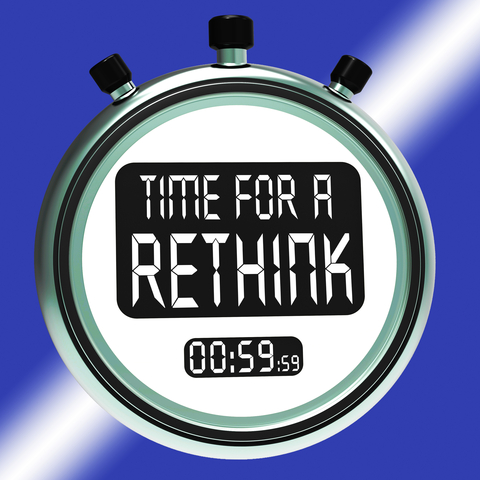Unquestioned answers are more dangerous than unanswered questions.
–Krishnamurti
“I try to eat healthy.” Every time I hear that phrase (and that’s often) my nose detects the scent of a large smelly (albeit innocent) elephant looming somewhere in the room: such an important word like “healthy” can sure mean a lot of things. I might be a Nutritional Consultant, but I’m a writer and language-lover as well, so my antennae are always up for words that hold more than one meaning. “Healthy” is one of those words.
If you live in this day and age, you already know a lot of people consider a vegetarian diet “healthy,” some a low-fat diet, some a diet consisting of all organic foods regardless of what those foods are (i.e. sugary boxed cereals and cookies), others a diet that includes one can of soda a day as opposed to five, and still others a “Mediterranean” diet (even though the Mediterranean is a pretty vast region, and studies indicate there isn’t one single Mediterranean diet, and many include more fat, salt and animal foods than we think).
Basically, “healthy” is a total verbal chameleon, sporting more shades than those giant boxes of Crayola crayons your former four-year-old-self Pollocked up mom’s walls with. If you tell me you “try to eat healthy,” I know absolutely nothing about what you actually eat.
In the academic world, scholars often refer to such multiplicity of meaning as definable ambiguity. In the everyday world, most of us refer to this as confusing. In the context of nutrition, many of us don’t even realize this is an issue.
And so confusion often comes disguised as an unconscious one-size-fits-all mentality, or chronic health problems, or both (“I don’t understand why I’m so sluggish/bloated/constipated/etc. all the time, I’m doing everything right!”).
~
It is very unscientific to not have an open mind.
–E. William Rosenberg, M.D.
~
Whenever I work with clients in a seminar, I start off by asking each member of the group to introduce her or himself and share how s/he defines the word “healthy.” Without fail, I hear some pretty different answers. This might seem like a bit of a duh observation, but these varied answers reveal something particularly valuable in a group setting, beyond merely informing me about the participants: they push definable ambiguity right up in all our faces, unmask it, and shine a glaring spotlight on it. They show us things can be done differently, that we can explore other ways of living, ways that might just might improve our quality of life. They reveal, in an experiential and memorable way, the most essential definition and true foundation of “healthy”: the ability
- to be curious
- to constantly question the established
- to stay flexible and open to continuous redefinition, while
- remaining compassionate with ourselves.
These qualities are the foundations of creative and scientific minds (yes, I just lumped creativity and science in the same category), and they are also what support us, before anything else, in cultivating sustainable dietary and lifestyle practices that in turn support our wellbeing. Good health, therefore, requires us to cultivate creativity and a scientific flair.
~
I have no special talents, I am only passionately curious
—Albert Einstein
~
When we’re really, truly “healthy” we’re constantly asking hard-hitting questions like:
- What kinds of practices benefit my unique, constantly changing constitution?
- Are some of the practices I currently/formerly engage/d in informed by rigorous research, or ungrounded hype and misinterpreted research made widespread and favored via a whole lotta hype?
- Can I stay open to listening to what my body is saying?
- Can I open myself to accepting what my body tells me, even if it feels unfamiliar, intimidating or wrong (i.e. craving whole eggs not just the whites, or craving meat when you haven’t eaten it for three years)?
With time, we become fascinated by the unknown, and the prospect of new and surprising answers to these questions.
~
The power to question is the basis of all human progress.
–Indira Gandhi
~
Health isn’t just a question of biology. It’s a nexus-point of biology, linguistics, psychology, policy, media, education, mindfulness, self-awareness, and so much more. It’s the nature of that nexus-point to shift and take on different appearances.
Health isn’t achieved in one set way. In fact, it’s not achieved; we touch into it then fall away from it again and again—a flux that is itself healthy, and also an opportunity to listen to our bodies and take responsibility for our lives. We take responsibility by cultivating the qualities that allow us to stay centered in this flux: curiosity, constant questioning, flexibility, openness, and compassion for ourselves. When we dialogue, share and support one another in community, we catalyze the cultivation of these qualities.
This post was first published on IntentBlog.com.
